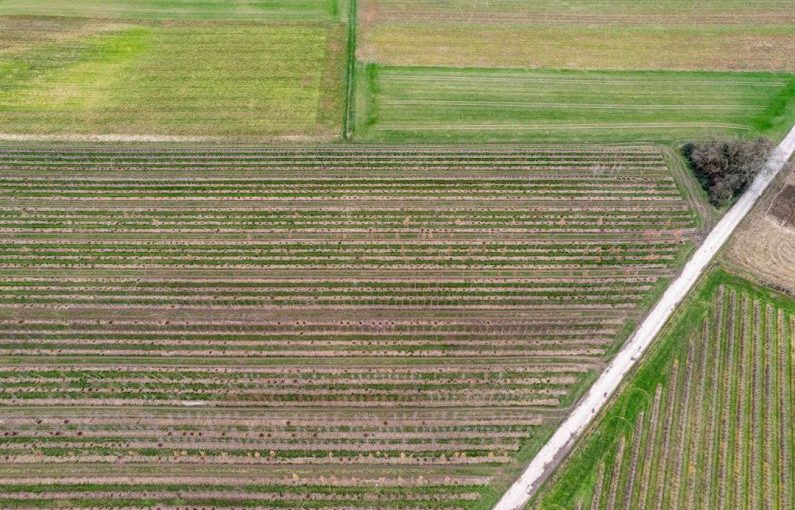In the ever-evolving landscape of agriculture, technology continues to play a pivotal role in shaping the future of farming practices. Precision farming, also known as precision agriculture, is a modern approach that leverages technology to optimize crop production while minimizing resources and environmental impact. This innovative method is revolutionizing the way farmers manage their operations, leading to increased efficiency, sustainability, and profitability.
Enhancing Crop Management with Data-driven Insights
One of the key aspects of precision farming is the utilization of data-driven insights to enhance crop management practices. Through the use of advanced technologies such as GPS, sensors, drones, and satellite imagery, farmers can collect real-time data on various aspects of their fields, including soil moisture levels, nutrient content, pest infestations, and crop health. By analyzing this data, farmers can make informed decisions about when to plant, irrigate, fertilize, and apply pesticides, ensuring that resources are used efficiently and effectively.
Optimizing Resource Utilization for Sustainable Agriculture
Precision farming enables farmers to optimize the utilization of resources such as water, fertilizers, and pesticides, leading to more sustainable agricultural practices. By applying inputs only where and when they are needed, farmers can reduce waste and minimize environmental impact. For example, by using precision irrigation systems that deliver water directly to the root zones of crops, farmers can conserve water and energy while maximizing crop yields. Similarly, precision application of fertilizers and pesticides can help reduce runoff and leaching, protecting water quality and promoting soil health.
Improving Efficiency and Productivity through Automation
Automation plays a crucial role in precision farming, allowing farmers to streamline operations and increase efficiency and productivity. Automated machinery equipped with GPS technology can perform tasks such as planting, spraying, and harvesting with high precision and accuracy, reducing labor costs and human error. Additionally, automated systems can collect and analyze data in real-time, providing farmers with instant insights into the health and performance of their crops. This proactive approach allows farmers to quickly identify and address issues before they escalate, leading to higher yields and improved profitability.
Enhancing Decision-making with Predictive Analytics
Predictive analytics is another powerful tool that is transforming agriculture by enabling farmers to make data-driven decisions with a focus on the future. By analyzing historical data and trends, as well as current environmental conditions, predictive analytics can help farmers forecast crop yields, identify potential risks, and optimize production strategies. This proactive approach allows farmers to anticipate challenges such as weather fluctuations, pest outbreaks, and market demand, enabling them to adapt their practices accordingly and mitigate risks.
Embracing the Future of Agriculture
Precision farming represents the future of agriculture, offering a sustainable and tech-driven approach to crop production. By harnessing the power of technology and data analytics, farmers can optimize resource utilization, enhance efficiency, and improve productivity while minimizing environmental impact. As the global population continues to grow, the adoption of precision farming practices will be crucial in ensuring food security and sustainability for future generations. By embracing innovation and staying at the forefront of technological advancements, farmers can pave the way for a more efficient, resilient, and prosperous agricultural industry.





